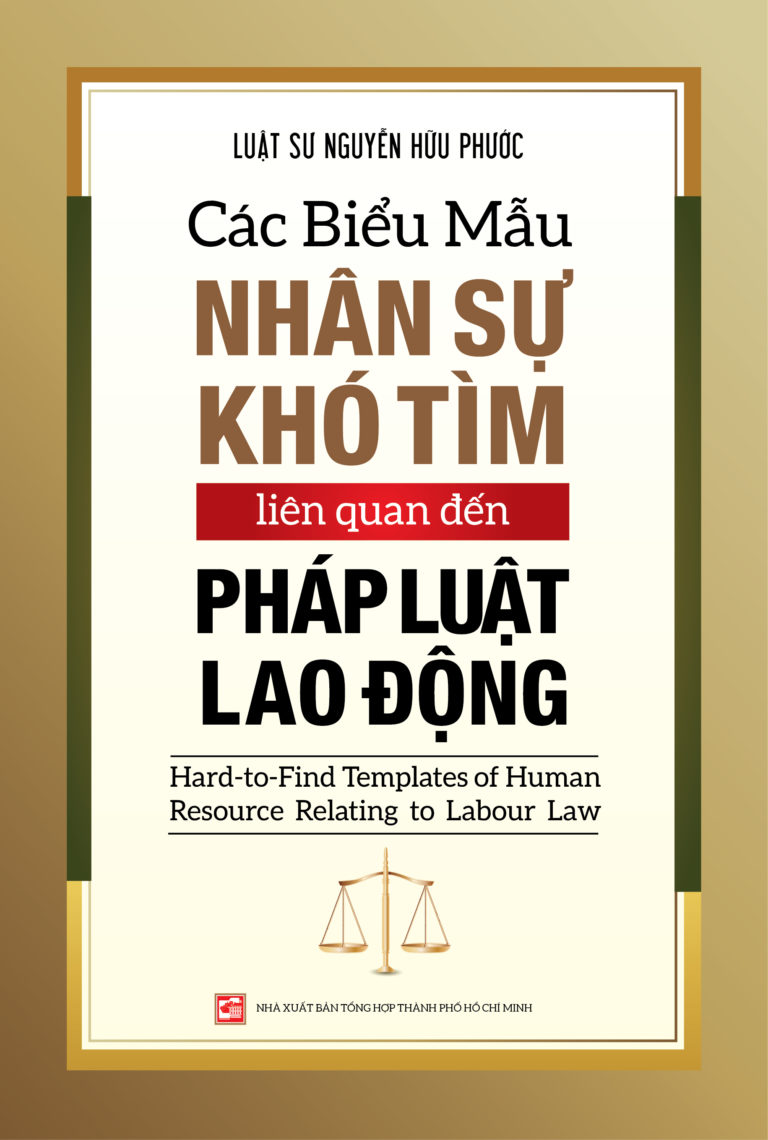The Contractual Institution In Civil Law in Vietnam
The contractual institution in civil law are mainly stated in the Civil Code 2015. First of all, a contract in the Contractual institution in civil law is defined as agreement between parties in relation to establishment, modification or termination of the civil rights and obligations[1].
In regard to form of establishment and the time that the contract is enforceable according to the contractual institution in civil law, the contract could be created in verbal, in written or through specific acts.
- For a verbal contract, the contract is enforceable at the point when its content is agreed by the parties otherwise other mutual agreement or relevant laws.
- For a written contract, the contract is bound once the last party signs the contract or other form of acceptance as stated in the contract. In case a contract is created verbally then expressed in written, it is enforceable at the point that its contract is agreed by the parties. In addition, it’s noteworthy that several written contracts that are required to be notarized, certified or registered under laws such as: contract for transfer of land use right, contract for transfer of land use right and property attached to land or contract for a gift of real estate or movable estate having ownership right registered are enforceable after being notarized, certified or registered in accordance with laws[2]. Nonetheless, in case a party or parties of the contract has already performed at least two-third of agreed obligations, these contracts not comply with required forms till may be recognized their validation by court[3]. Although the contractual institution in civil law recognizes a contract created through specific acts, but there is not any regulation on effective point of such type of contract. In accordance with the contractual institution in civil law, a legally established contract is effective from the time of establishment[4]. The time of establishment is when the offeror receives the acceptance of establishment[5]. Thus, the time when the offeree takes action to agree with that offer is a ground to determine the effective time of the contract created through specific acts. In particular, for example of a contract of carriage of passengers created through acts, this such of contract shall be effective at the time that the passenger gets on the bus as an act of acceptance of service provided by this transportation supplier[6].
Regarding types of contract, the contractual institution in civil law classifies contracts into the following principal types[7]: (i) a bilateral contract which is a contract whereby each party is obligated to the other party; (ii) a unilateral contract is a contract whereby only a party has obligations; (iii) a main contract is a contract that its effect is not depended on sub-contract; (iv) a sub-contract is a contract that its effect is depended on main contract; (v) a contract for benefits of third party is a contract that the parties in such contract must perform obligations and the third party enjoys such benefits raising from such obligation performance; (vi) a conditional contract is a contract that its execution is depended on the occurrence, modification or termination of a specific event.
Regarding content of a contract, the contractual institution in civil law admits freedom of agreements of parties about the content of contract[8]. Normally, a contract comprises the following contents: (i) subject of contract; (ii) quality, quantity; (iii) price and payment method; (iv) term, location, method of contract performance; (vi) obligations for breach of contract; and (vii) dispute settlement.
Above is an overview of the contractual institution in civil law. If you have trouble with legal issues regarding of the contractual institution in civil law, please contact us: Phuoc & Partners is a professional consulting firm established in Vietnam and currently has nearly 100 members working in three offices in Ho Chi Minh City, Hanoi and Danang. Phuoc & Partners is also rated as one of the leading consulting firms specializing in business law in Vietnam that has leading practice areas in the legal market such as Labour and Employment, Taxation, Merger and acquisition, Litigation. We are confident in providing customers with optimal and effective service.
[1] Article 385 of Civil Code 2015.
[2] Article 458 and Article 459 of Civil Code 2015; Article 167.3 of Law on Land 2013.
[3] Article 129.2 of Civil Code 2015.
[4] Article 401.1 of Civil Code 2015.
[5] Article 400.1 of Civil Code 2015.
[6] Article 523.2 of Civil Code 2015.
[7] Article 402 of Civil Code 2015.
[8] Article 398.1 of Civil Code 2015.











